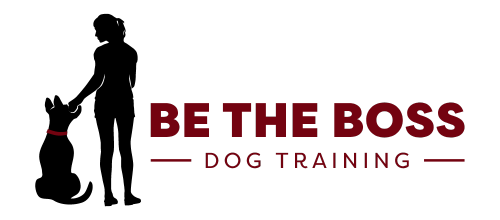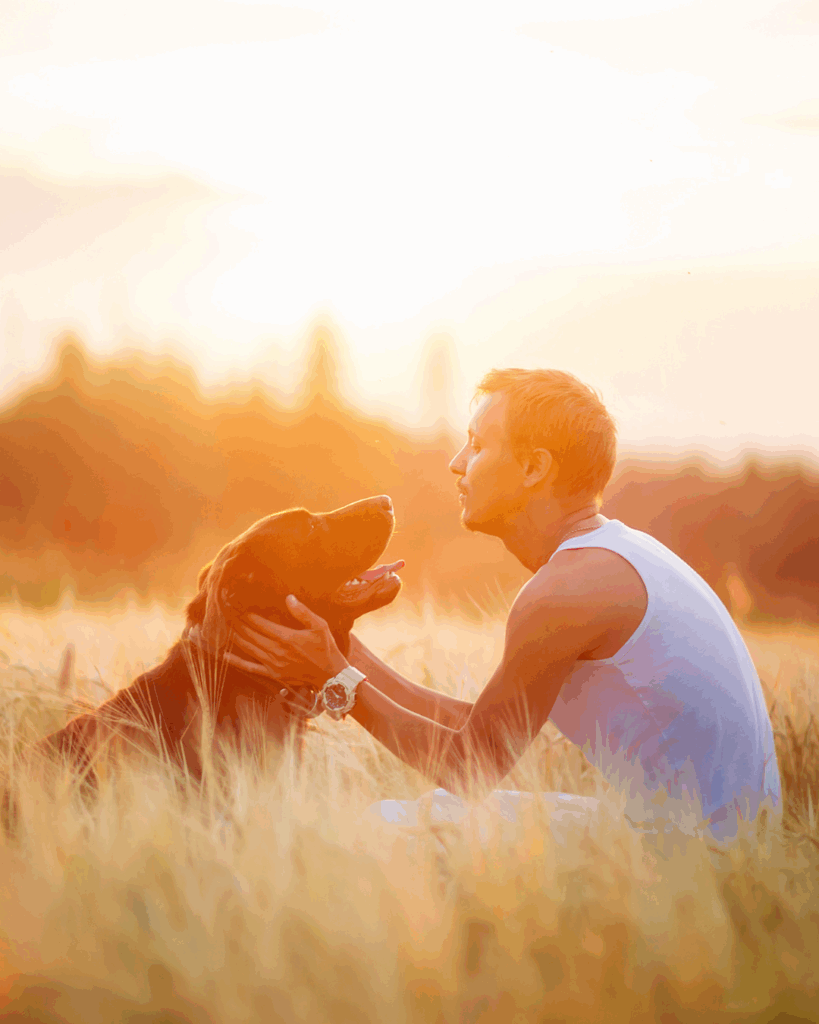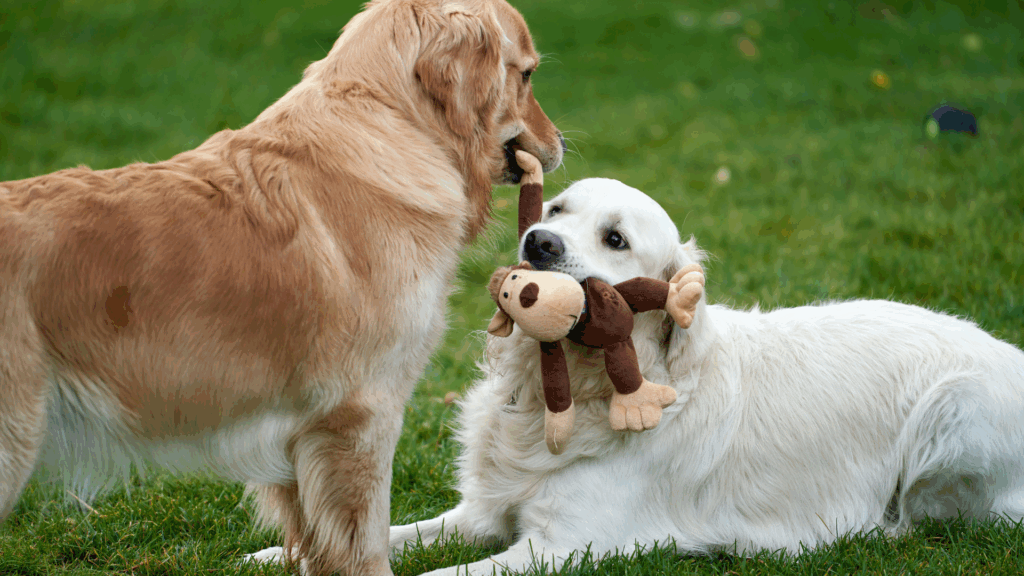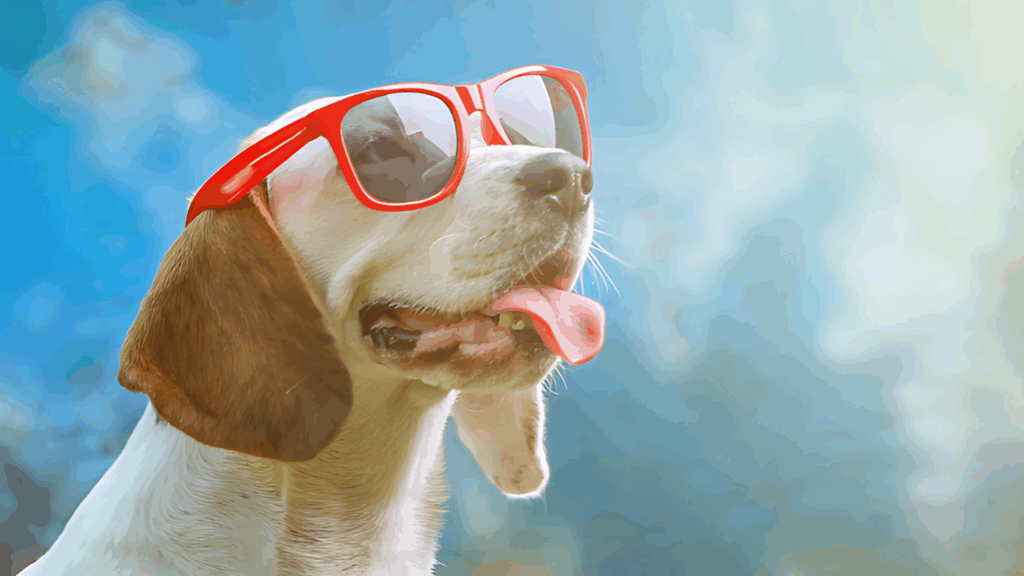Millions of Americans suffer this humiliation a few times a week. There’s a simple cure, but most people feel they don’t have the time or the energy to fix it, so they suffer in “not so quiet” silence.
But I know what it is. It’s a barking dog. You yell: “Someone grab the dog!” when the doorbell rings.
You open the door and with a sheepish grin say something like, “Don’t mind the dog, he always does this.” Dog is relegated to the bedroom, bedroom door is slammed, and Fido barks away while you are visiting with your guests. He’s definitely your embarrassment in the bedroom.
Did you know that with some family participation, and a little effort, you can solve this problem? Make a night of it with the kids/spouse/etc., and help teach your furry family member some etiquette.
The command is called “place”.
Boom! Problem solved.
I’m always showing people how to help their dogs. So for more tips and advice follow me on Facebook.





